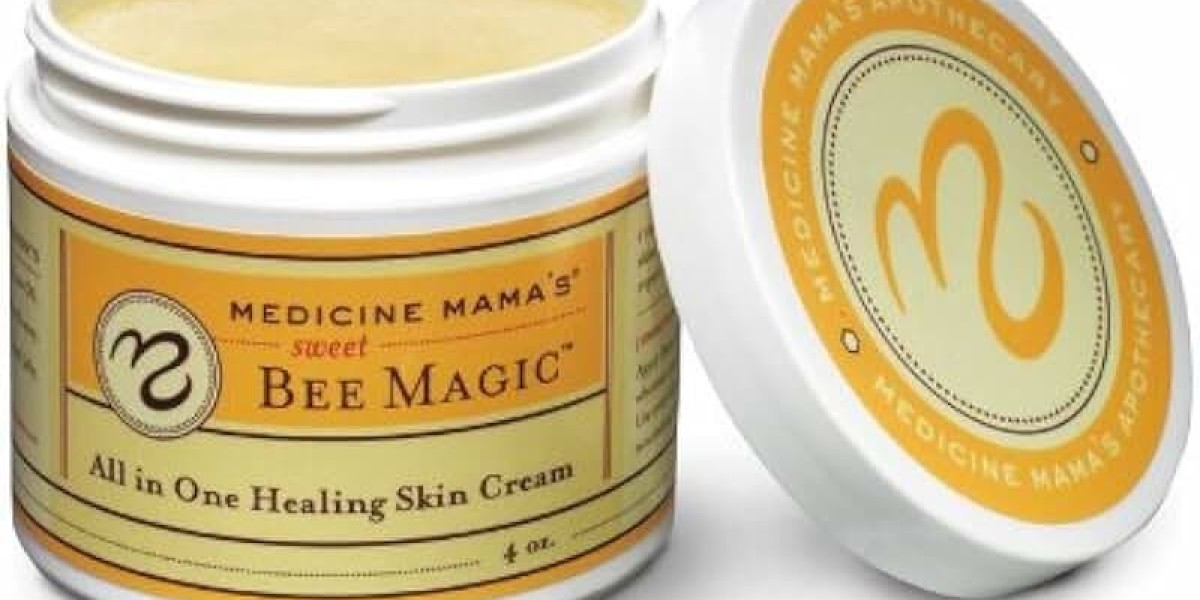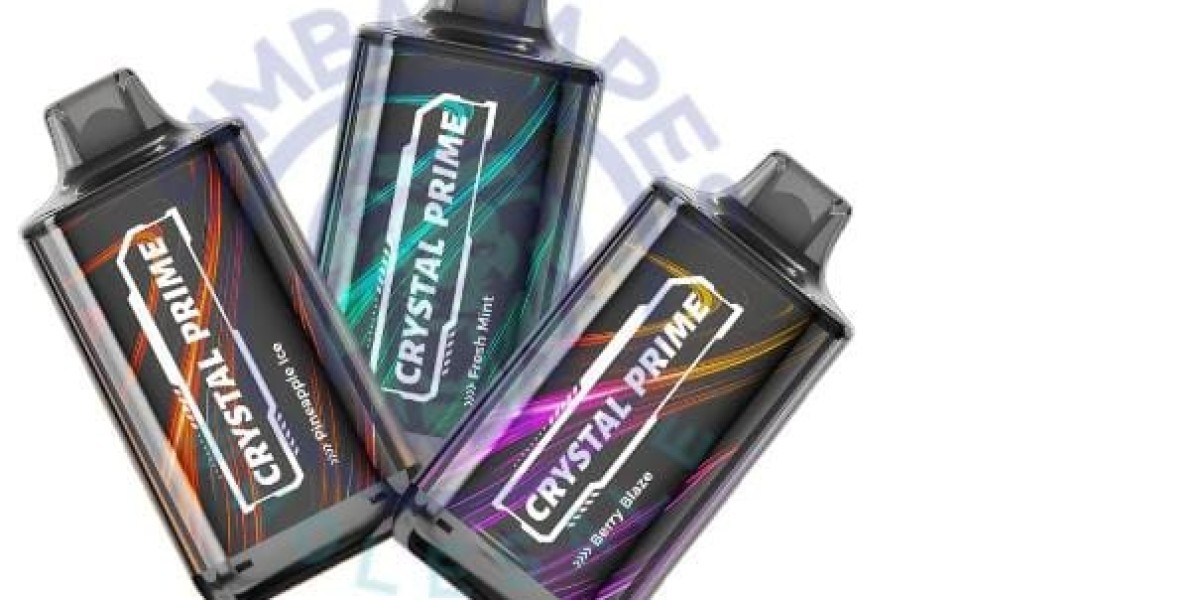Hydration is often heralded as a cornerstone of good health, but its impact on skin health is particularly profound. Understanding how hydration affects the skin can help you unlock a more radiant, healthier complexion. This comprehensive guide explores the essential role of hydration in skin health, supported by scientific insights and practical advice. Discover how integrating hydration with your daily care, including skin perfection products, can enhance your skin's overall health and appearance.
Key Points
- The science behind hydration and skin health
- Benefits of staying hydrated for your skin
- How to effectively hydrate your skin
- Role of skincare products in maintaining hydration
- Common hydration myths debunked
The Science of Hydration and Skin Health
At a cellular level, hydration is crucial for maintaining the structure and function of the skin. Skin hydration involves both the intake of water and the skin's ability to retain it, which are vital for elasticity, resilience, and overall texture.
Understanding Skin's Hydration Dynamics
The skin is the body's largest organ and acts as a barrier against environmental stressors. Water content in the skin plays a pivotal role in its protective functions. However, factors like aging, weather, and lifestyle choices can disrupt this balance, leading to dehydrated skin which is more prone to damage and premature aging.
Benefits of Hydration for Skin
Proper hydration goes beyond mere aesthetics, offering several benefits that ensure skin remains healthy and vibrant.
Enhanced Elasticity and Reduced Wrinkles
Hydrated skin is more elastic and can bounce back more readily from the stresses of stretching and bending. This reduces the likelihood of wrinkles and fine lines developing.
Improved Barrier Function
Hydration helps to strengthen the skin's barrier function. A strong barrier protects against pollutants and toxins that can cause inflammation and blemishes.
How to Effectively Hydrate Your Skin
Hydrating your skin is not just about drinking water. It involves a holistic approach that includes dietary choices, skincare routines, and lifestyle habits.
Dietary Tips for Skin Hydration
Incorporating water-rich foods like cucumbers, tomatoes, and watermelons into your diet can help increase your overall water intake. Foods high in omega-3 fatty acids, such as salmon and walnuts, can also help the skin retain moisture.
Skincare Products for Hydration
Choosing the right skincare products is crucial for maintaining skin hydration. Look for products that contain hyaluronic acid, glycerin, and ceramides, which are known for their hydrating properties. Layering these products can create an effective barrier that locks in moisture.
Debunking Hydration Myths
There are many myths surrounding hydration and skin health that can lead to confusion and improper care.
Myth: Drinking Excessive Water Can Hydrate the Skin
While staying hydrated is important, drinking excessive amounts of water will not necessarily lead to better skin. Hydration needs to be balanced with a proper skincare routine.
Myth: All Oily Skin is Hydrated
Oily skin can still be dehydrated. Excess oil production does not equate to effective skin hydration and can actually mask underlying dryness.
FAQs About Skin Hydration
- Q: How much water should I drink to improve my skin?
A: While individual needs vary, a general guideline is to drink 8-10 glasses of water a day. Adjust this based on your activity level and climate.
- Q: Can skincare products replace water intake?
A: No, skincare products are meant to supplement hydration, not replace it. Adequate water intake is essential for overall health and by extension, skin health.
- Q: Are there any signs of dehydrated skin?
A: Yes, signs include dullness, itchiness, darker under-eye circles, and increased sensitivity.









